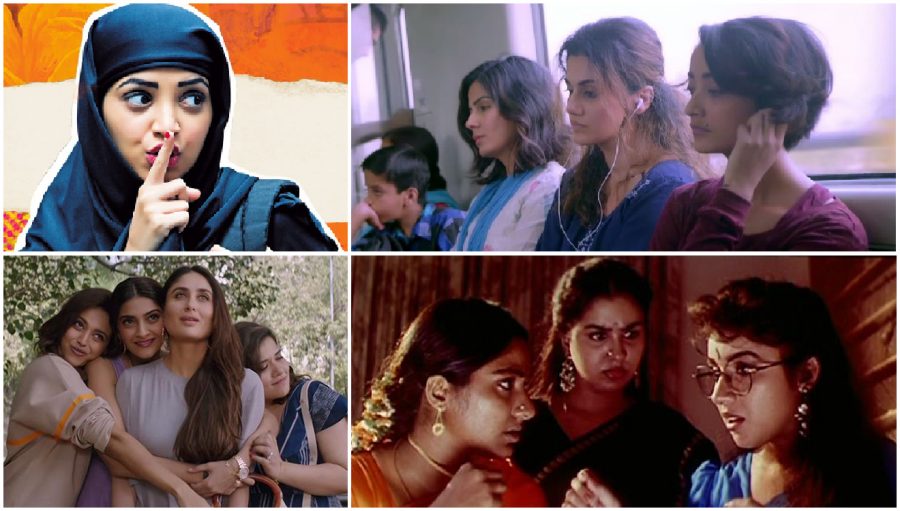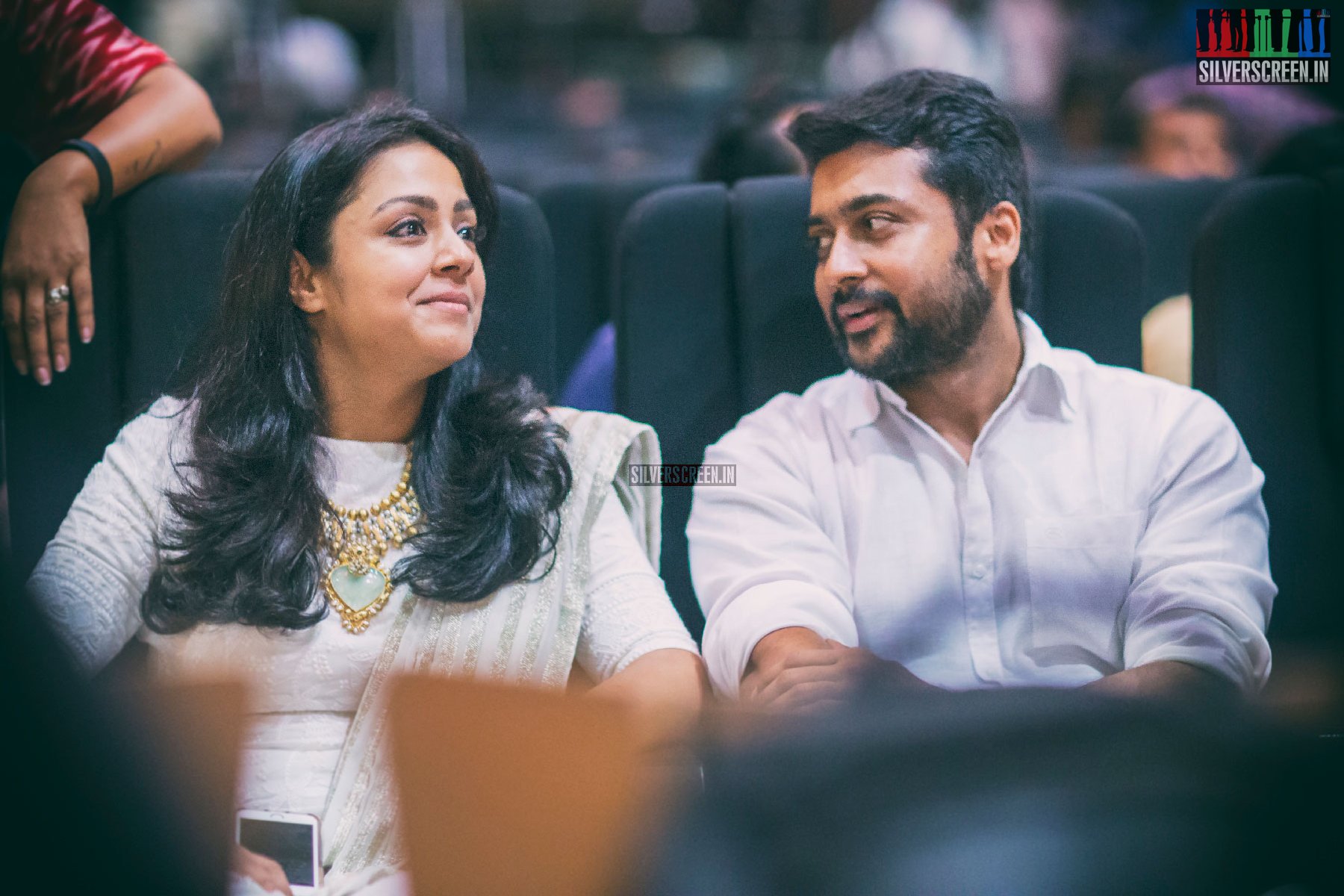“Four women can do anything that a man can do,” Sonam Kapoor had said during the promotions of Veere Di Wedding. True to her words, the film stops at just that — aspiring to be a creation where four friends, all women, live the life that a large swathe of the sisterhood cannot even dream about. This is a life filled with designer-wear, travel, easy alcohol and free-flowing cuss words.
It seems to have worked at the box office; the film headlined by four women grossed more than Rs. 10 crores on day one, a first.
After watching the two-hour spectacle, where your heart never races or beats for a single character, the end credits roll. A substantial portion of the screen is reserved for brand credits. That quite sums up the experience. Two stars in the form of Kareena Kapoor and Sonam Kapoor and as many performers in Shikha Talsania and Swara Bhaskar does not make a movie.
Not to say the film does not have potential. Yes, it is set in the rarefied social circuit of South Delhi, casts a snide remark against West Delhi and celebrates all things designer, but it could have also been a sunshine film that speaks about the uber rich and the world they inhabit, their concerns and angst. It never aspired to go there. A fleeting scene between Sonam Kapoor and her maid nearly lifts your heart before it descends into where the rest of the film is set in.
So, is this the film you should watch to celebrate female bonding? Not quite. Other movies have dealt with it better. From low-budget, but high-thinking films such as Mandi and Mirch Masala and commercial films with a heart such as Pink to festive fare such as Lipstick Under My Burkha and Angry Indian Goddesses, there are creations that showcased women, warts and all, on the big screen. The only difference is that they also showcased moments of tenderness and vulnerability, scenes of strength and resilience, and frames filled with fun as well as rage. And, they all made you feel, and allowed the characters to grow within the scope of the film.
Take, for instance, the delightful Tamil Magalir Mattum, headlined by Revathy, Urvashi and Rohini, which released in the 1990s. Three women, each from a different section of society — a designer, an office staff and a cleaner — don’t fit into one groove, but learn to not just accept each other, but thrive in each other’s company. That’s what friends do — grow into a common space. Even the 2017 film by the same name acknowledged the place friends have in the hearts of 50-year-old women bogged down by family.
If Pink taught you about vulnerability and the strength three girls draw from within, Lipstick Under My Burkha addressed the hidden and crushed dreams of four women, across varied age groups. And then, there was Angry Indian Goddesses, featuring deeply flawed yet lovable women with a mind of their own.
These films featured women who did something other than worry about a spouse or man in their lives. They had a certain level of agency and used it too. Where Veere fell flat was in the lack of nuanced character arcs. We know Kareena’s Kalindi works out of Australia, but what is she? But, as incongruous is the thought of designer-wear-sporting Sonam Kapoor in the Tis Hazari courts, she is at least shown doing what she does as part of her profession.
This is not to say women have to be shown as being professionals at a workspace. What is more important is investing the characters some thought, some gravitas, so that when they face an opponent, you rise for them. Like thousands of women did when the climax drew to a close in Mirch Masala. You wanted the tormentor to suffer and for the women to find emancipation.
Remember Nagesh Kukunoor’s Dor, about a letter of pardon that would save a man accused of murder? Ayesha Takia and Gul Panag hit it off haltingly, before they become good friends. And then, Ayesha discovers why Gul is in her corner of the desert. To seek forgiveness for her husband. The bond between the two develops slowly, one helping the other develop a voice, and the other teaching the art of patience and forgiving.
Recommended
Slivers of humanity can be infused into any script, proved Mandi, a film about a group of sex workers who are forced to shift their place of business. The owner of the brothel Shabana Azmi is both the strict madame of the brothel and the affectionate mother, and both avatars see her in varied interactions with the girls under her charge.
And so, it is possible to make a film featuring women without featuring a slew of brands, and being ostentatious. It is possible to focus even on the lives of the uber rich with a sympathetic eye, and allow the characters some layers. So that even if they do all the things men have done on screen so far, they speak with a unique female voice and view the world with a female gaze.
That’s very important, at a time when it continues to be easy to push forth stereotypes. Films about women and with women must push the envelope, but not to occupy the spaces men have in the industry, but to create a new one of their own. One that can never be peopled by anyone else.



